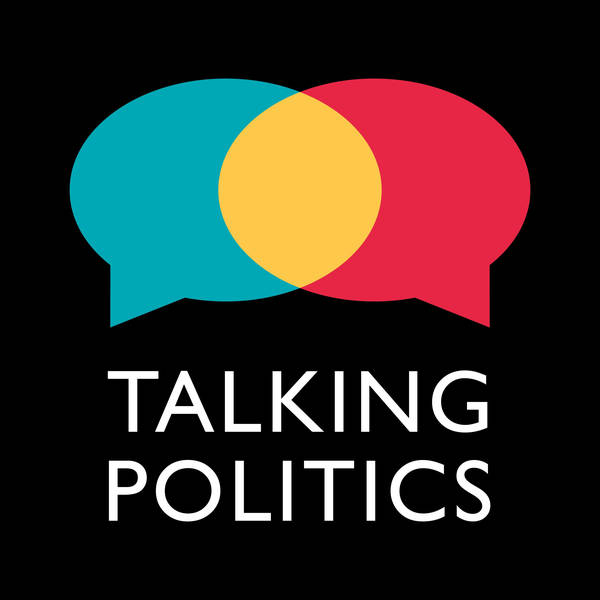
Shutdown/Confronting Leviathan
We’re back from our summer break with David, Helen and Adam Tooze exploring what the pandemic has revealed about politics, economics and the new world order. From Covid crisis to China crisis to climate crisis: how does it all fit together? And what comes next? Adam’s new book is Shutdown: How Covid Shook the World’s Economy. Plus David talks about his new book based on series one of History of Ideas: Confronting Leviathan.
Talking Points:
The term ‘lockdown’ can be misleading. Many aspects of the response were not top-down.
Most of the reduction in mobility predated government mandate.The financial markets made huge moves and central banks then had to step in.The popular response cannot be separated from the actions of the state.The term ‘shutdown’ better captures the pandemic’s impact on the economy.
Huge parts of the productive economy literally ground to a halt. It seems like central banks learned something from the last crisis.Is there still a realistic prospect of normalization? Adam and Helen are skeptical.Is there such thing as democratic money?
If so, then democracy has changed.The condition of possibility for the freedom of action of central bankers is a political vacuum.Parts of the left see an opportunity in monetary politics.The entire monetary order in China is political, but there was a debate within the regime over stimulus.
The conservatives won out.Some Western financial leaders used this to push back against central bankers in their own countries.The Republican party is becoming increasingly incoherent.
Some, such as Mnuchin, emphasize the structural necessity of some kind of continuity. Others, such as Jay Powell, argue that the priority is confronting China. There is an ongoing de-centering from the West in a dollar-based world.The U.S.-China competition has changed.
We have moved from a realm of competition over GDP growth rates to a much starker contest involving hard power.The tech sanctions are a sovereignty issue, not just an economic issue.Mentioned in this Episode:
Adam’s new book, ShutdownJames Meadway on neoliberalismRudiger Dornbusch, Essays (1998/2001)Quinn Slobodian on right-wing globalistsPerry Anderson’s review of Adam’s work, and Adam’s responseMarx’s Capital Volume 1Helen’s book, Oil and the Western Economic CrisisDaniela Gabor on macrofinance <a href="https://www.sup.org/books/title/?id=2225" rel="noopener noreferrer"...